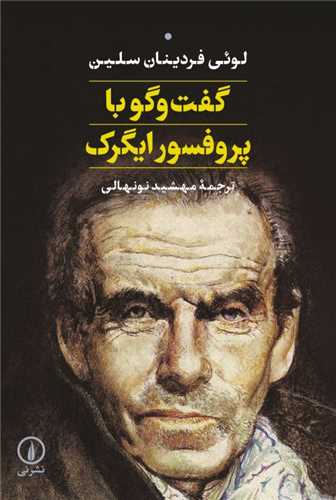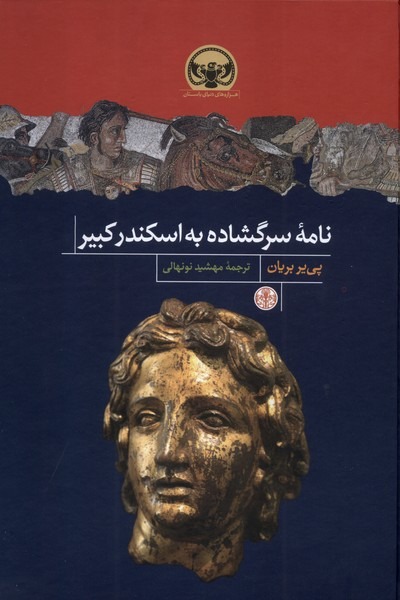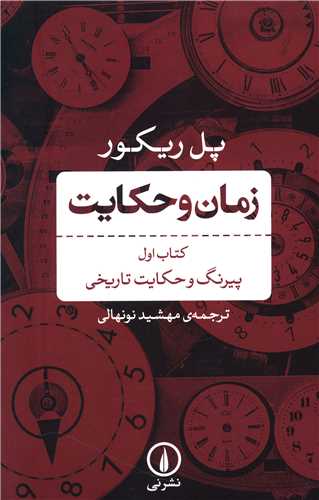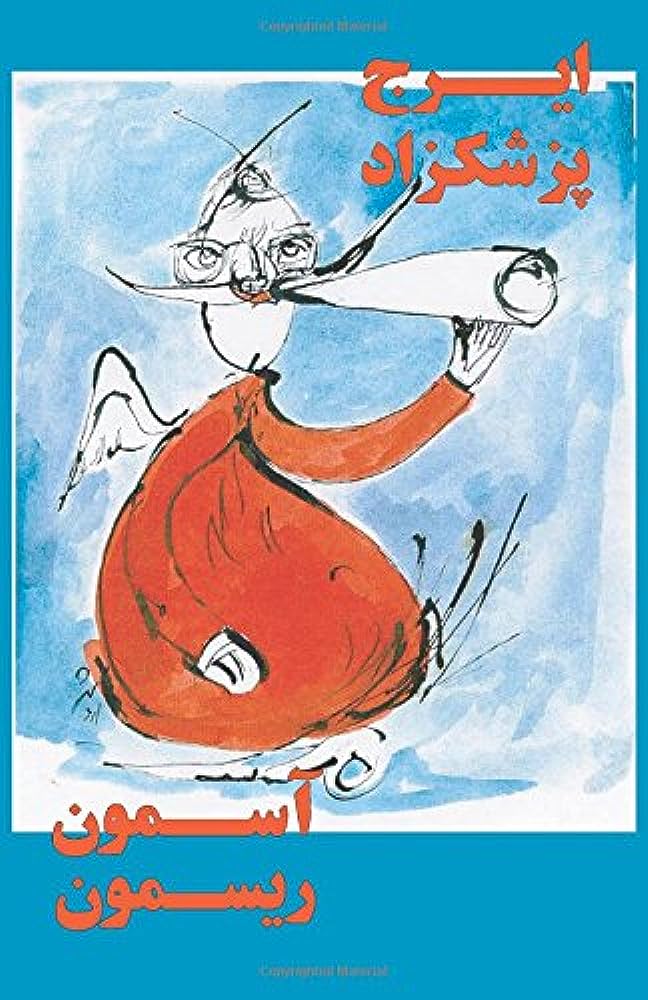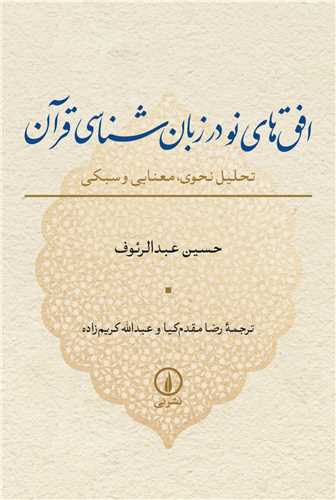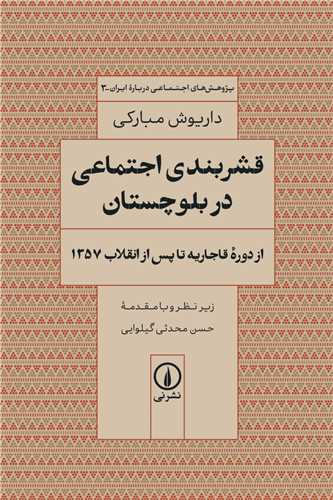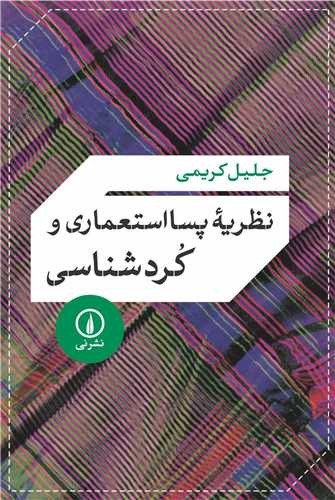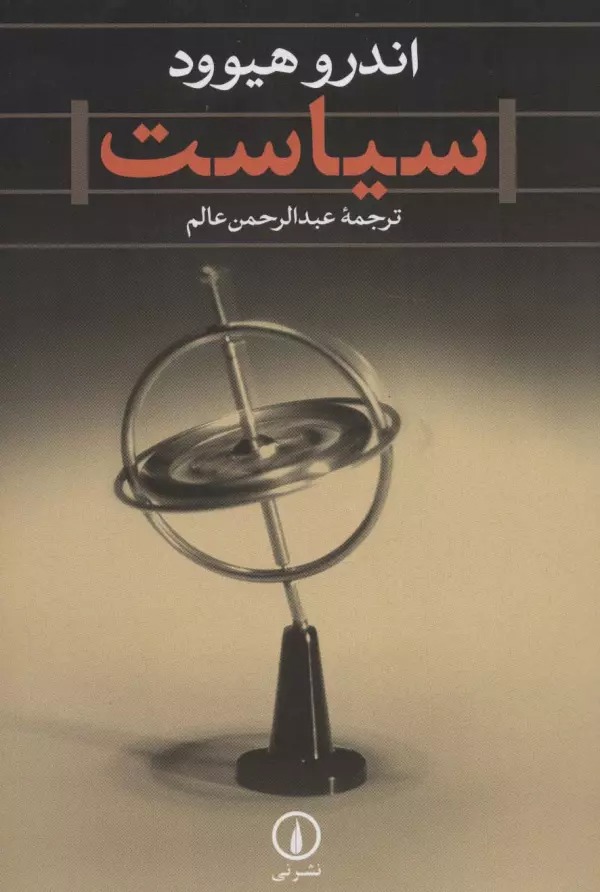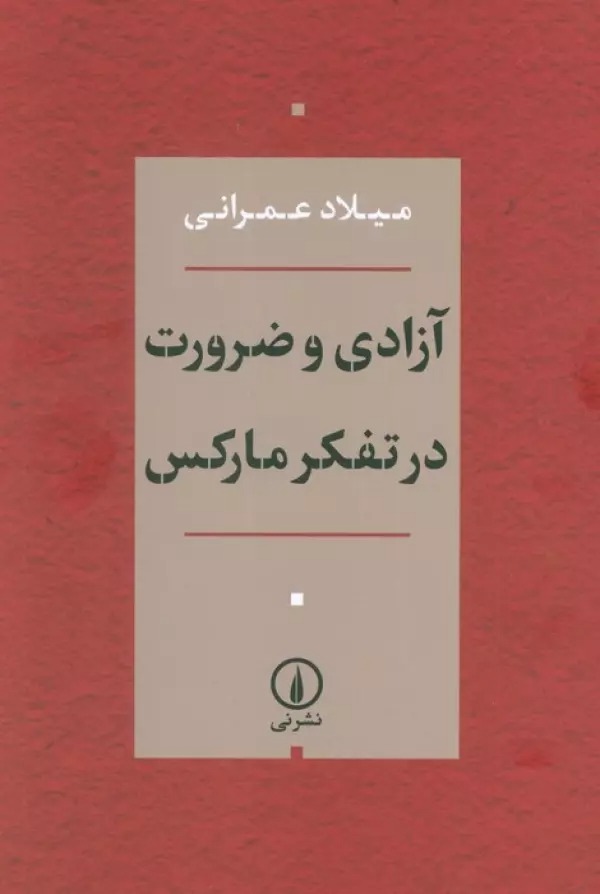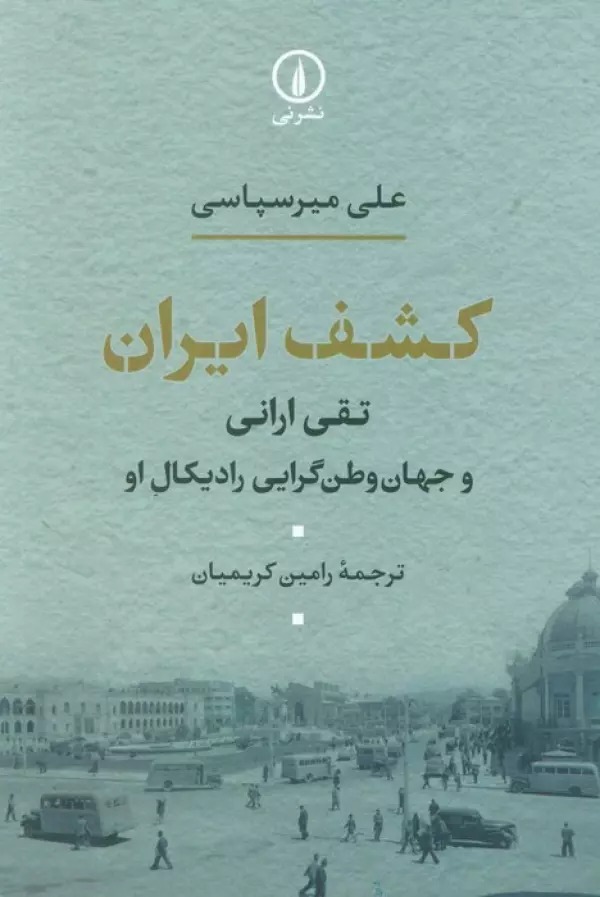guft'va'gū bā Purufisur Īgrik: Persiska (Farsi) 1401
گفتوگو با پروفسور ایگرک
15,44 $
Dela
Wishlist
Originaltitel:
Entretiens avec le Professeur Y
ISBN:
9786220603221
Översättare:
Mahshīd Nawnihālī
Förlag:
Nashr-i niy
Åldersgrupp:
Vuxen
Sidor:
106
Vikt:
125 g
Produktmått:
14 x 21 x 1 cm
Bokomslag:
Pocketbok
Towards the end of 1943, the anti-Semitic pamphlets that Céline had published came back to him like boomerangs in the form of death threats: letters, small coffins, grenades, and knives had begun to form part of the correspondence that arrived at his apartment in Paris. Céline fled with his wife to Copenhagen, where he was arrested and sentenced to spend eighteen months in prison on death row. After serving his sentence, with pellagra, eczema, rheumatism, and several missing teeth, he secluded himself in a hut on the edge of the Baltic Sea, and from there he wrote and prepared his coup to return to the center of the French literary scene.
At the beginning of the 1950s, Céline returned to France with the anathema of “national disgrace”. The novels that would relaunch him after seven years of exile received poor critical reception and few sales: for the vast majority of the French cultural scene, Céline is a dirty word, an execrable character who must be condemned, at the very least, by silence. In this context, under siege, he wrote Conversations with Professor Y as a strategy to promote his writing and defend himself. In dialogue with an imaginary character, a typical Céline puppet with the function of a punching ball, Céline explains what his decisive contribution to French literature was: to restore the emotion of spoken language to writing, by airing the putrid smell that the corpse of language raises. A comic and exalted pamphlet, megalomaniac and paranoid, Conversations with Professor Y is Céline's poetic art, as well as an extraordinary counterattack directed at a literary field that considered it finished, lost in the mists of unreality.
more
… گفتوگو با پروفسور ایگرک متنی است در اوج بهسبب سبک سلین که خود را «دگرگونکنندهی ادبیات فرانسه» میداند.
این نظیرهی گفتوگوهای ادبی گویای بوطیقای تندوتیزی است. سلین در این متن سلایق مردم و تمایلشان را به امر کاذب و غیراصیل و علاقهشان را به رمانهای «آبدوغخیاری» و نوشتهی نویسندگان کممایه و علاقه به زبان آکادمیکِ سنگوارشده نقد میکند. او معتقد است که با «سبک عاطفی» خود که مشخصهی آن استفاده از سهنقطه و واژههای عامیانه و گاه ساختگی است نوع داستانی را دگرگون کرده است. این یافتهی به گفتهی خود او اندک اما نبوغآمیز عبارت است از احیای شور زبان گفتار در نوشتار.
از مقدمهی مترجم
more

